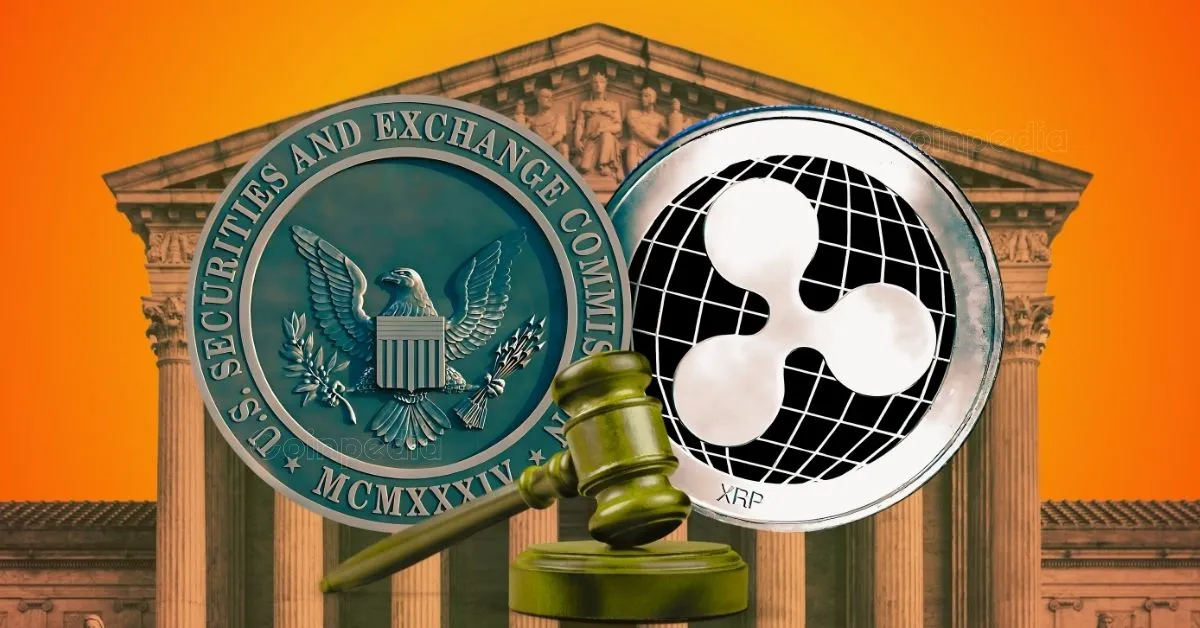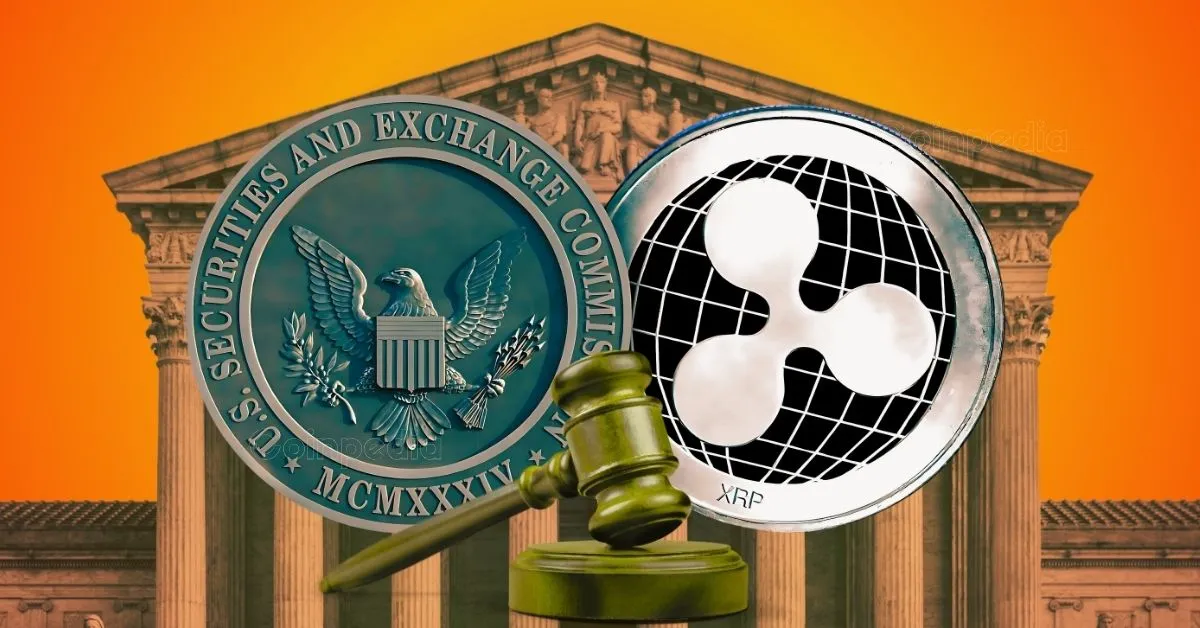The Ripple-SEC Settlement Saga: What the Judge’s Rejection Means for XRP and Crypto Regulation
The Ripple Labs versus U.S. Securities and Exchange Commission (SEC) case has been a defining legal battle in the cryptocurrency industry. After nearly five years of litigation, the parties reached a proposed settlement in May 2025, agreeing to a $50 million penalty and the lifting of an injunction barring Ripple from selling XRP to institutional investors. However, U.S. District Judge Analisa Torres rejected the deal, sending shockwaves through the crypto market and raising questions about the future of XRP and broader crypto regulation.
The SEC filed its lawsuit against Ripple Labs in December 2020, alleging that the company and its executives conducted an unregistered securities offering by selling XRP tokens to institutional investors. Ripple countered that XRP was not a security and therefore not under SEC jurisdiction, setting the stage for a high-stakes legal showdown. The case has been closely watched by the crypto industry, as its outcome could set important precedents for how digital assets are regulated in the U.S.
A key ruling in July 2023 by Judge Torres delivered a mixed verdict: institutional sales of XRP by Ripple were deemed securities transactions, but programmatic sales (sales on exchanges to regular users) did not constitute securities offerings. This partial victory for Ripple provided some regulatory clarity but left unresolved the question of penalties for the securities law violations and restrictions on Ripple’s future operations. Over the next two years, the parties engaged in contentious negotiations over the appropriate fine, with the SEC initially seeking $1.3 billion before reducing its demand to $125 million. The proposed $50 million settlement, announced in May 2025, represented a significant concession by the SEC but was contingent on judicial approval.
On May 16, 2025, Judge Torres surprised both parties by denying the proposed settlement. Her decision was rooted in concerns about transparency, legality, and public interest. The judge demanded that both the SEC and Ripple provide evidence demonstrating that the proposed settlement was consistent with the public interest and the requirements of the law. She also criticized the parties’ initial request as “procedurally improper,” directing them to refile under Rule 60 of the Federal Rules of Civil Procedure, which governs changes to judgments and is more suitable for modifying injunctions and penalty orders.
The judge’s rejection of the settlement has significant implications for the crypto industry. First, it underscores the judiciary’s role in ensuring that settlements serve the public interest and comply with legal requirements. Future crypto settlements will likely face heightened scrutiny, as courts will demand clear justifications for penalties, injunctions, and other regulatory measures. Second, the rejection highlights the legal and regulatory uncertainty surrounding digital assets. The distinction between institutional and retail token sales remains murky, and the SEC’s approach to crypto regulation continues to evolve. Finally, the rejection has immediate market consequences, as XRP’s price dropped by around 4% in the 24 hours following the announcement, and wider altcoin sentiment soured.
The Ripple-SEC case is far from over. Both parties must now refile their settlement proposal, providing more detailed justifications for the lower penalty and explaining how the revised sanctions will protect investors and the public. The injunction against Ripple’s institutional sales of XRP remains in place, and Ripple’s $75 million in escrow remains locked up. The outcome of this case will shape future crypto-SEC settlements, market structure, and regulation. It will also influence the broader regulatory landscape, as Congress debates how to define, tax, and supervise crypto assets.
The Ripple-SEC case has been a rollercoaster of legal twists and turns, and the judge’s rejection of the proposed settlement is just the latest chapter in this saga. While Ripple is closer to escaping the regulatory overhang that has hampered its growth, the case is far from resolved. The crypto industry will be watching closely as the parties refile their settlement proposal and the judge considers its merits. The outcome of this case will have far-reaching implications for XRP, Ripple, and the broader crypto landscape.












